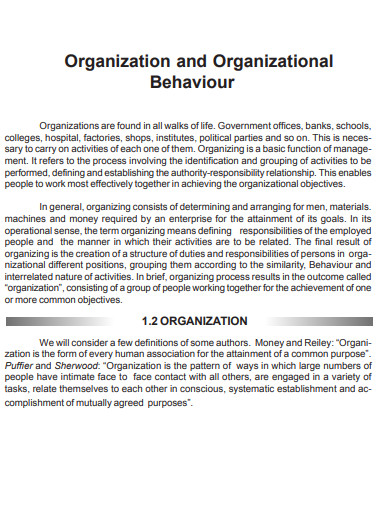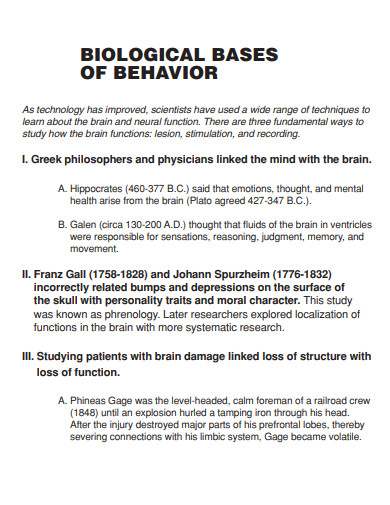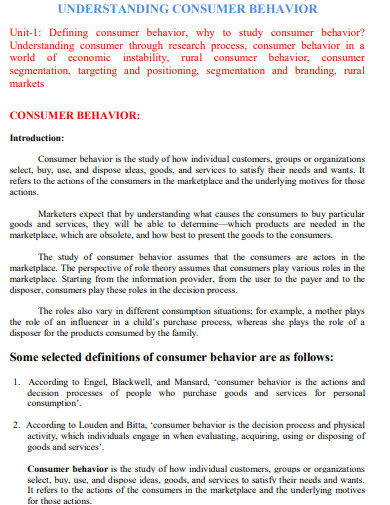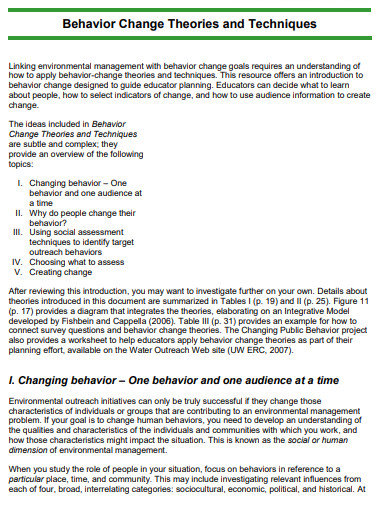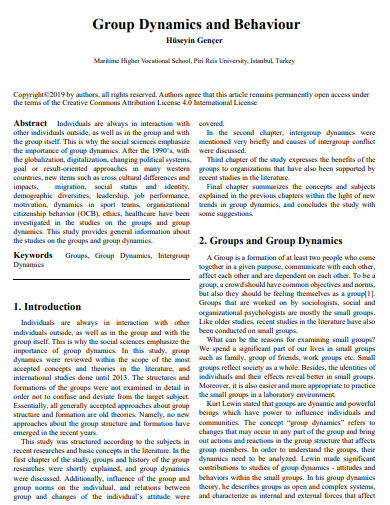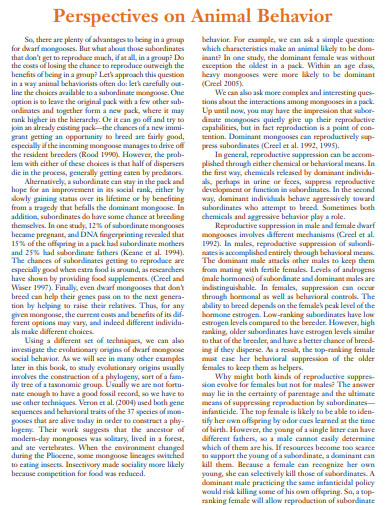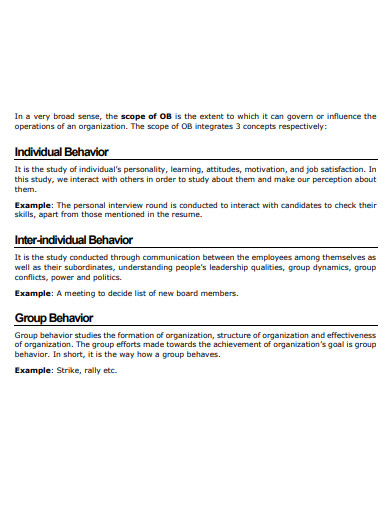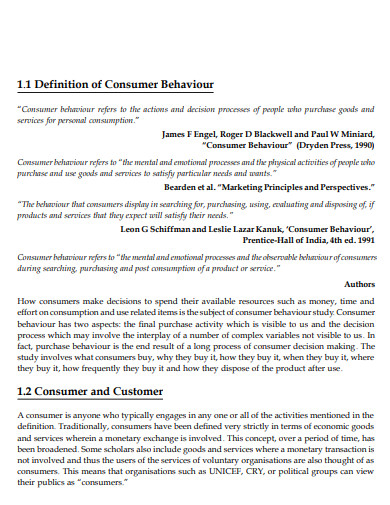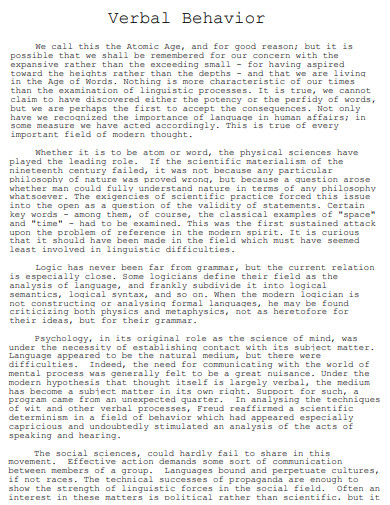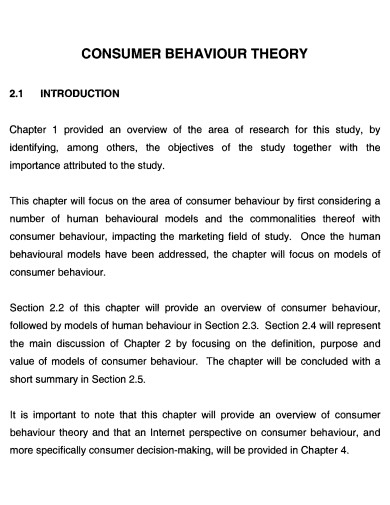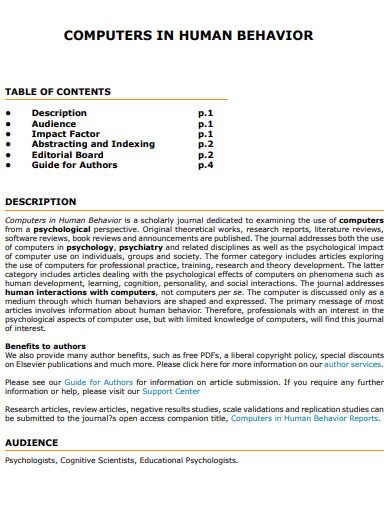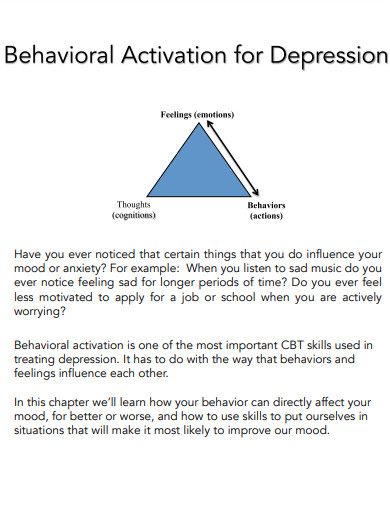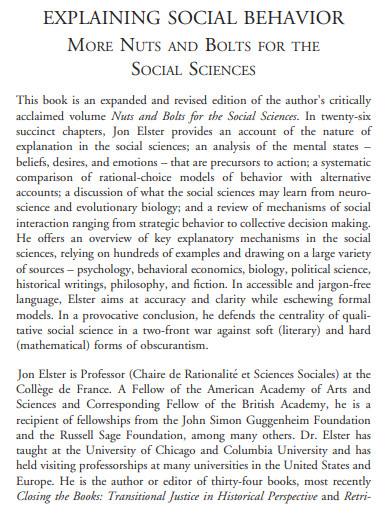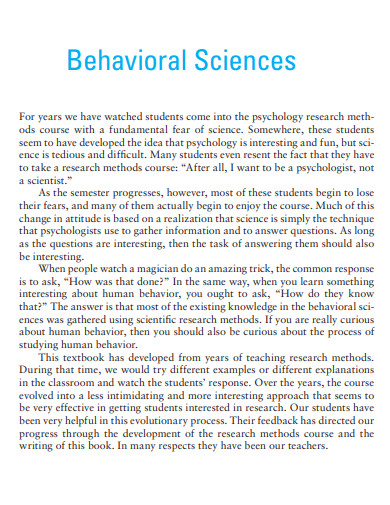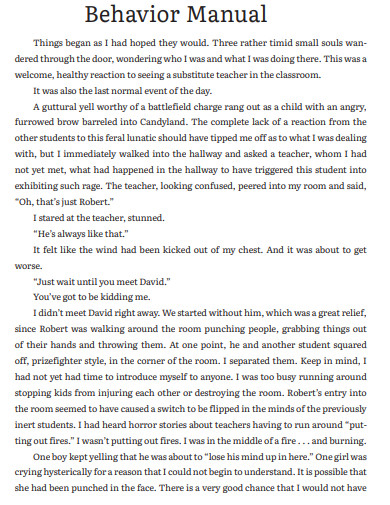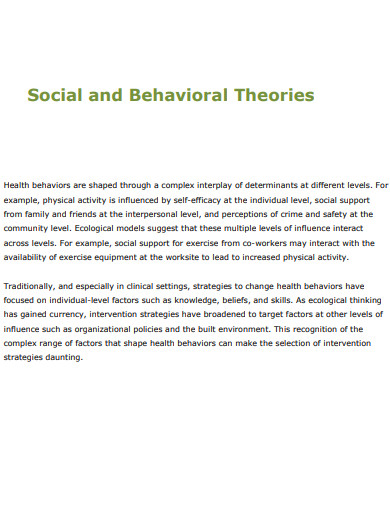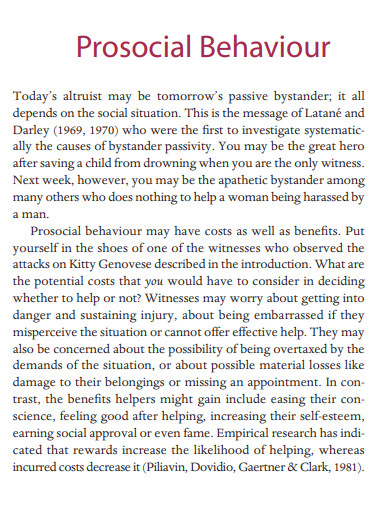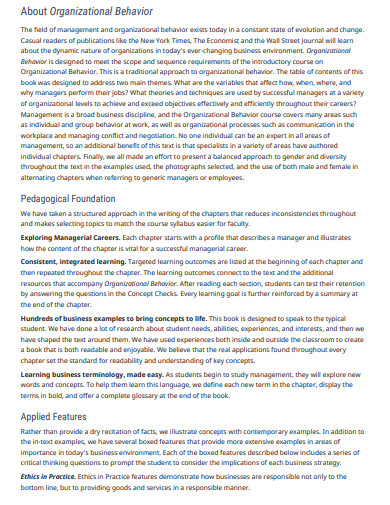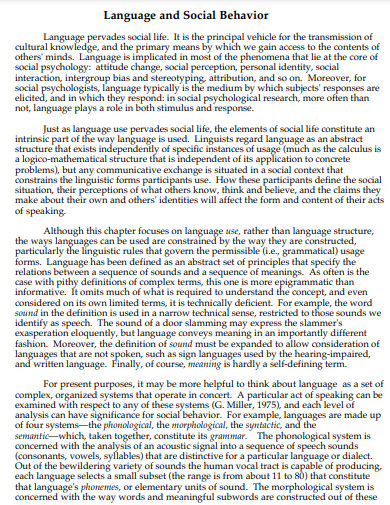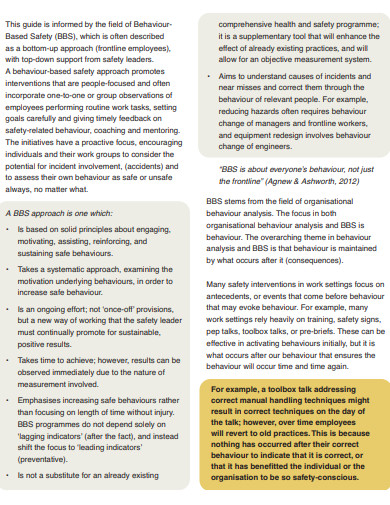24+ Behavior Examples to Download
Everyone has different traits and characteristics that allow the individual to have a unique perspective in life. Many elements factor in when the person tries to do or act a specific way. One of the most prominent elements that heavily affect a person’s actions and thoughts is their behavior.
1. Behavior Punch Card Template
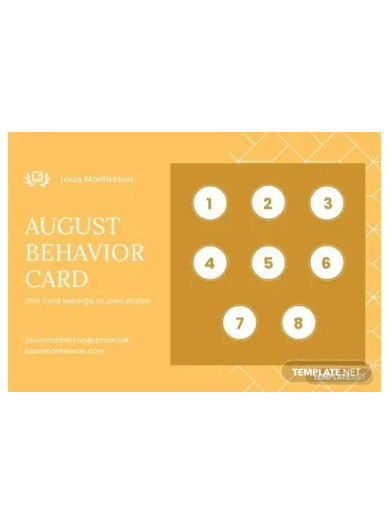
2. Behavior Compliance Agreement Template
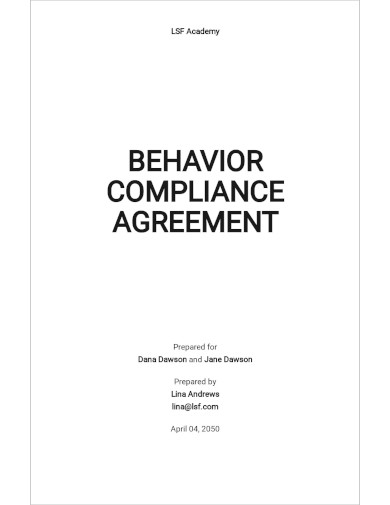
3. Behavior Change Action Plan Template
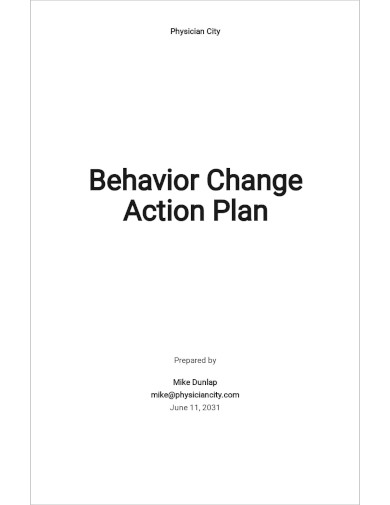
4. Behavior Consultant Resume
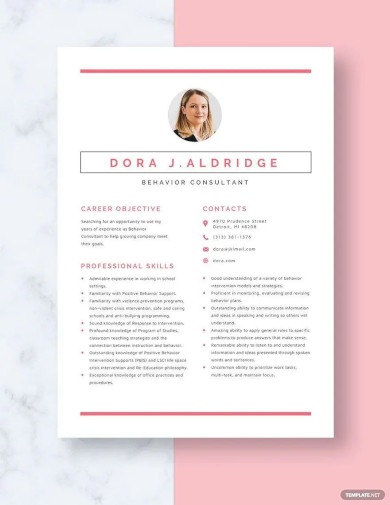
5. Behavior Checklist Template
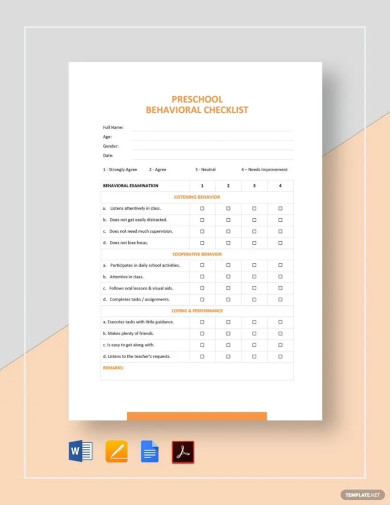
6. Organization and Organizational Behaviour
7. Biological Bases of Behaviour
8. Consumer Behaviour
9. Behavior Change Theories and Techniques
10. Group Dynamics and Behaviour
11. Perspectives On Animal Behavior
12. Individual Behavior
13. Consumer Behavior
14. Verbal Behavior
15. Behavior Theory
16. Computers in Human Behavior
17. Behavioral Activation for Depression
18. Explaining Social Behavior
19. Behavioral Sciences
20. Behavior Manual
21. Social and Behavioral Theories
22. Prosocial Behaviour
23. Sample Behavior
24. Language and Social Behavior
25. Behavior Guide
What Is Behavior?
Behavior is a set of learned actions and thoughts a person presents during a specific context, theme, tone, or environment. Many different theories try to explain the different origins and ways a person can learn these actions and thoughts and incorporate them into their behavior. Some theories indicate that one learns them from their genetics as these actions and traits are passed down from generation to generation, while other theories explain that one learns them from their environment. This environment includes the culture, subculture, ethnic groups, and ethnicities of the people around them.
How to Correct the Bad Behavior of Dogs
One can train dogs and correct their bad behavior through the usage of classical conditioning and planning. Doing this will ensure your dogs will not have the habit or behavior that will result in unfortunate consequences or accidents.
Step 1: Create a Training Plan
One of the best ways to ensure proper pacing and consistency in training one’s dogs is through the usage and creation of a training plan or schedule. Create a training plan or schedule that will indicate the specific time and day a sexercise or conditioning session will occur for the dog.
Step 2: Determine What Type of Conditioning Style to Adopt
Each dog has a unique personality with biases the person will need to cater to. Not only will the person have to adapt and choose a conditioning style they need to use, but the person must also consistently apply the best conditioning style for the dog.
Step 3: Consistently Provide the Behavior Correction
One of the most prominent factors that will affect the success of the behavior training program is to consistently provide the intervention with the correct conditioning. You must consistently provide the behavior correction through a specific period according to the training plan you have created.
Step 4: Reward the Correct Behavior
When the dog does the correct behavior it is important to reward the said behavior with a good and pleasing reward that the said dog likes. This will ensure that the dog retains good behavior.
FAQs
What is the difference between behavior and attitude?
Behavior is the person’s learned actions and thoughts, which the person presents to a specific target market or audience in a given context. Attitude is the person’s current thought process that will affect the person’s behavior and the way the individual projects themselves to other people.
What is behavioral learning theory?
Behavioral learning theory is a specific theory of cognitive development that believes that people learn behaviors through the observation of their environment and the people around them. This juxtaposes the belief that people obtain behavior through genetics which one’s parents and heritage determine.
What is a persona?
The persona is an image the person wants to project to a group of people in a given time or context. This said image is often the public image or presentation the person wants to present to their audience.
Behavior is a set of learned skills, actions, and habits the person publicly presents at a given time and place. A lot of internal factors and outside elements affect one’s behavior, which means that it isn’t rigid and is a very flexible part of a person’s personality.


